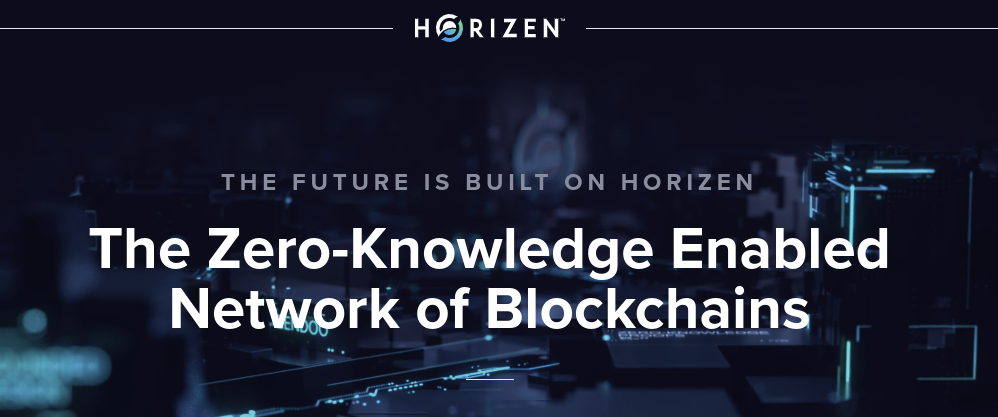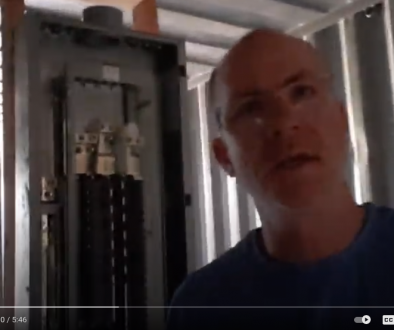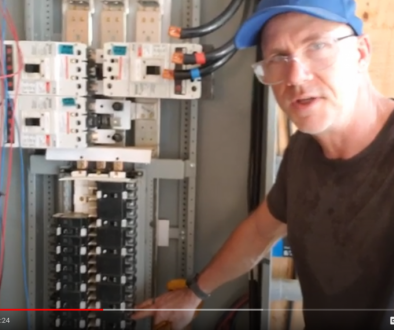Why Remove Private Transactions from Horizen?
The Horizen community is discussing a ZEN Improvement Proposal to make a change to the protocol which would change ZEN from a privacy coin to solely a multichain platform.
This is a big change, and it is keeping with the original vision.
When Horizen was launched as ZenCash in 2017 it was a copy of zcash codebase, then immediately went in another direction. The big difference was distributing 20% of block rewards to node operators, bringing system administrators into the community as participants who were paid for the service of running nodes worldwide.
Part of the original plan was to implement a Decentralized Autonomous Organization for governance. Privacy, governance, mining, and node operator distributions were all planned for the main chain.
We quickly discovered that it would be a lot of extra code on the mainchain, bloating it to unusability, and requiring many hard forks. The hard forks were especially difficult to coordinate with exchanges, involving the freezing of deposits and withdrawals each time.
Another issue that we discovered is that having many shielded transactions on the main block chain will not scale. Shielded transactions take much more storage than transparent transactions. People who are operating nodes can already see the data size growth.
The Zen Blockchain Foundation, listening to the community, made the difficult decision to pivot and develop sidechain technology using zero knowledge proof capabilities.
The sidechains would be able to accomplish the original goals of governance and node operator distribution. Private transactions would also be possible on a sidechain, while transparent and trackable ZEN on the mainchain could be sent to and from exchanges.
There would also be the potential to create a more granular version of private transactions which would meet the requirements of business to send value without exposing the exact amounts to competitors, while staying in the good graces of regulators.
The ZenCash ability to do private transactions seemed obvious to be necessary for it to be used in the business world. Because of the UTXO analysis that can be done on Bitcoin and other cryptocurrencies, we figured that would limit its use in business.
We thought for businesses to buy from suppliers, sell to clients, or pay employees required private transactions. This is still the case.
Now that Horizen has working side chain transfers that means side chains can be made for applications which can use zero knowledge circuits to preserve aspects of privacy, without it being a blunt all or nothing.
For example, an application that could be used for voting needs some aspects of the Blockchain transaction to be private, while others need to be public.
This ability to subtly craft specific applications using the zero knowledge proof tool kit opens up the opportunity for a much wider set of applications.
I am very excited for the the capability for independent developers to make their own side chains with whatever capabilities are desired.
Disabling the shielded pool in Horizen closes the door on the era of being a copy of the zcash codebase.
Horizen now has the opportunity to be a completely independent base layer project with a wonderful community, real use cases, and well funded focused development team.
I expect the wider crypto community to recognize the positive changes in the coming year. Looking forward to it!




